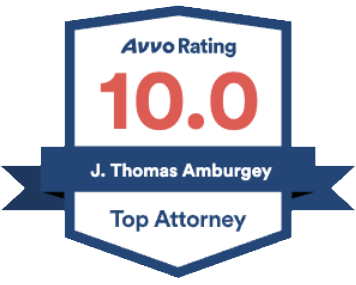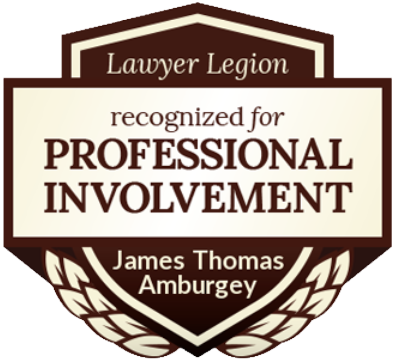Expungement
Having a criminal record not only tarnishes your reputation but it can also limit your opportunities, making it difficult to obtain housing, find a job, attend school, or purchase a firearm. Background checks reveal damaging information that includes all offenses you have been charged with, even if you were not convicted of the crime.
Expungement is a legal process where a person can have certain past charges and convictions erased from their record. This process allows you and your reputation to be free of prior convictions and once again answer “no” when asked if you have a criminal record. Technically the record is not erased but sealed. Once sealed only the SBI and prosecutors are able to see the expunged charges, and to everyone else, the records are deleted as if they never existed.
In 2017 new laws became effective that reduce waiting periods for requesting expungements and expand offenses eligible to be expunged. The new law allows for unlimited expungements on charges that were dismissed, deferred, or disposed of as “not guilty”. However, the statute still limits expungement per lifetime for convictions or a set of certain convictions within a period of 12 months to being granted only once.
In North Carolina, there are several statutes that allow for expungements of non-violent, and non DWI offenses. If your matter falls within one of those laws you may be entitled to an expungement. Offenses eligible for expungement generally include:
Nonviolent, first-time misdemeanor offenses committed more than 5 years ago and non-violent, first-time felonies committed more than 10 years ago;
First-time, non-violent misdemeanor offenses committed while under the age of 18 or 21, including some drug and alcohol-related charges; and
Charges that were dismissed, deferred, or disposed of “not guilty”.
Expungements are not automatic and must be requested. The process for obtaining an expungement is generally the same regardless of the offense. All expungements will begin as a petition to the court, and most will require a filing fee to be paid. Certain dismissals do not require a fee. However, depending on the offense in question, the rules for expungements can differ. Normally it takes anywhere from 6 to 9 months to obtain a determination. This time frame is set to change in new legislation called the Second Chance Act or “clean slate bill”, and will apply to cases disposed of after December 1, 2021. A knowledgeable attorney can answer all your questions and determine if you have a good case for expunging your record.
Thomas Amburgey is a board-certified specialist in criminal law. He has extensive trial experience and understands the tedious process of expungements. At Amburgey Law, we can be trusted to protect you, your rights, and your freedoms. We take the time to get to know you, the intricacies of your case and will work together to define a unique defense strategy to ensure the best result possible in your situation. If you have a past criminal record you would like expunged, we have the experience and skills you need. Call us for a consultation today to discuss your legal options.
The articles on this blog are accurate as of their date of publication and are intended to provide general information about the status of the law and commonly accepted practices in North Carolina.
These articles should not be considered legal advice.
For personalized guidance, we recommend consulting with a qualified attorney.

CERTIFIED LEGAL SPECIALIST

THE LEGAL ELITE

Best Lawyers in America






